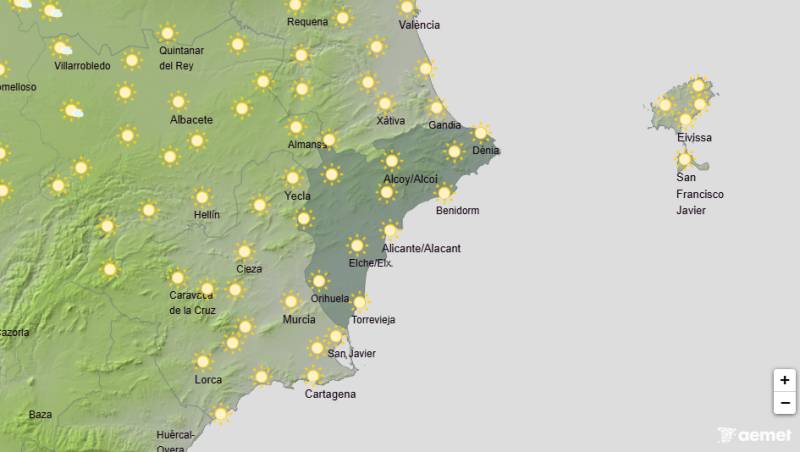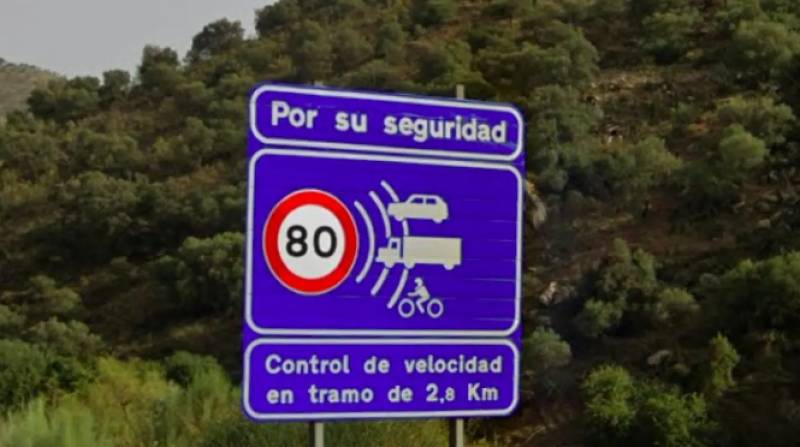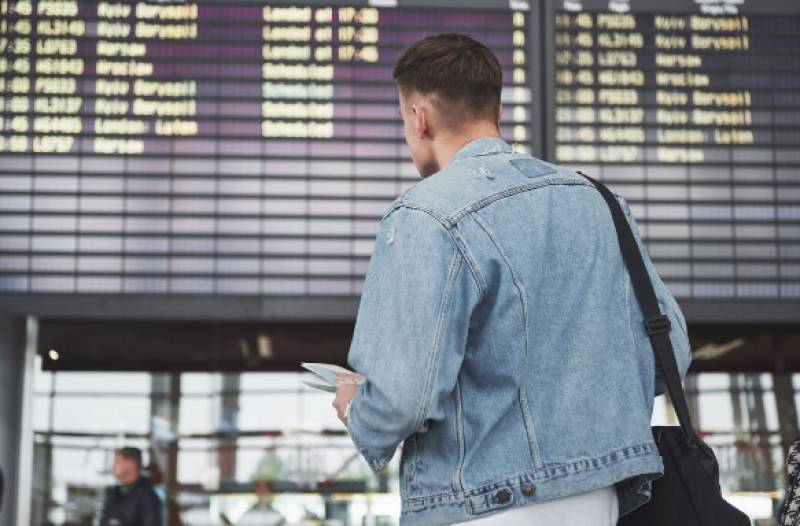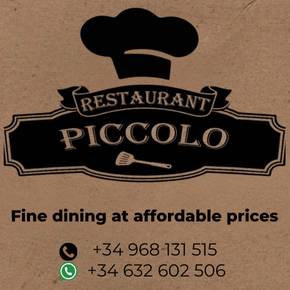
To be listed on the CAMPOSOL TODAY MAP please call +34 968 018 268.
The cost of buying a house in Spain
What are all the costs involved when purchasing a Spanish property
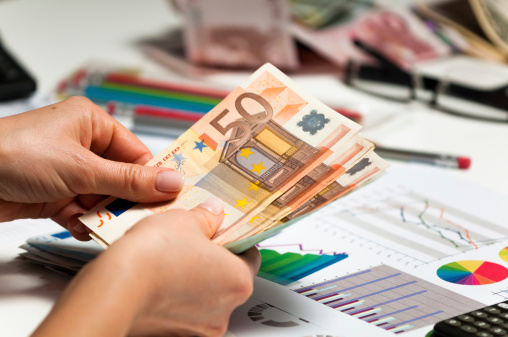 If you’ve been wondering about buying a house in Spain, now is the time. There is plenty of property out there and it’s on the market at a very good price. Lots of foreigners are taking advantage of this and it’s good to see that the market is looking up.
If you’ve been wondering about buying a house in Spain, now is the time. There is plenty of property out there and it’s on the market at a very good price. Lots of foreigners are taking advantage of this and it’s good to see that the market is looking up.
If you do decide to buy, you need to be clear just how much you can afford to spend. You must budget, not only for the cost of the property, but other factors as well.
The process of buying a house involves additional expense. It can seem at times that everyone wants their cut. Don’t let this put you off, however. With a few calculations you can build in the additional costs and still have plenty left for your home in Spain.
Being realistic now will ensure that you don’t end up cutting corners or find you’ve nothing left for furnishing your new home with those little extras.
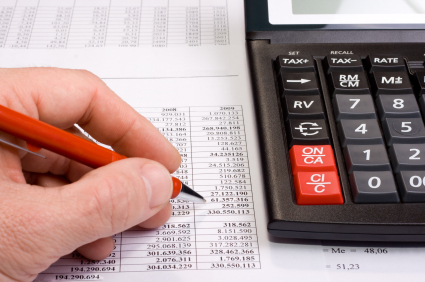 What costs can I expect?
What costs can I expect?
The additional costs that you can expect can be divided into four categories:
* External costs
* Taxes
* Legal fees for the purchasing process
* Banking procedures and money exchange
External costs
During the buying process you will need to sign in front of a Notary. The Notary is a professional within the Spanish law system who legalises agreements and contracts. The scale of the Notary fee is fixed by law and starts at 800 euros. The actual amount to be paid will depend on the extent of the legal provision of the Title Deed.
The Title Deed will then need to be inscribed in the Spanish Land Registry (Registro de la Propiedad). This is an official registry that protects the rights of the owners of a Spanish property. The fee normally starts at 400 euros but depends on the value of the property.
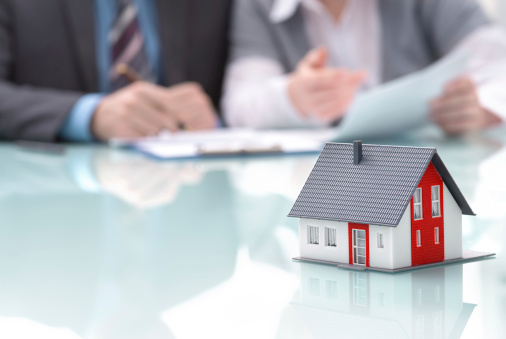 Taxes
Taxes
During the purchasing process there will be taxes to pay. Which taxes these are depends upon the type of property you buy.
New build properties are liable for IVA ( The Spanish equivalenmt of VAT) at 10%, plus stamp duty (AJD) at 1.5%. (NB this can vary depending on where your property is located.)
Resale properties are liable for ITP, which is transfer tax at 10%. Again, this depends on where your property is located.
Plusvalia
Both new and second hand properties have Plusvalía to pay. This is a tax paid on the increase in the value of the land and the exact percentage is decided by the local tax authority. How much it comes to is dependent on location, land size and how long it is since it last changed hands. Plusvalía is legally the responsibility of the seller but occasionally an agreement is made for the buyer to pay.
Legal fees
An independent lawyer will represent your interests and check out the legalities and contracts from your point of view. It is important that you have this kind of representation and you shouldn’t be tempted to do without. You are already paying a lot of money for a property, it is worth making sure that everything is in order. How much your lawyer charges can vary substantially. However, you should allow for between 1,000€ and 1,500€.
Banking procedures and money exchange
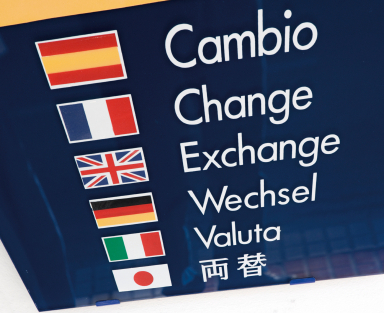 In order to buy a house it is likely that you will move a substantial amount of money from one country to another. This can be expensive. When you buy a house and transfer your money you can find that up to 4% of the total sale price is lost. If you use a SWIFT transaction there will be another charge of around 0.6% of the amount you are transferring.
In order to buy a house it is likely that you will move a substantial amount of money from one country to another. This can be expensive. When you buy a house and transfer your money you can find that up to 4% of the total sale price is lost. If you use a SWIFT transaction there will be another charge of around 0.6% of the amount you are transferring.
To keep the costs down of moving your money you can use a currency exchange company. These companies have bank accounts in both countries and avoid transfer deductions. Money is deposited in an account in one country and the equivalent amount is withdrawn from the account in Spain. No money actually crosses borders and so the costs are reduced.
If you have to take out a mortgage to buy your property you will need to build in to your calculations the cost of administration that the bank will charge. This can be quite steep, amounting to around 2% of the mortgage itself.
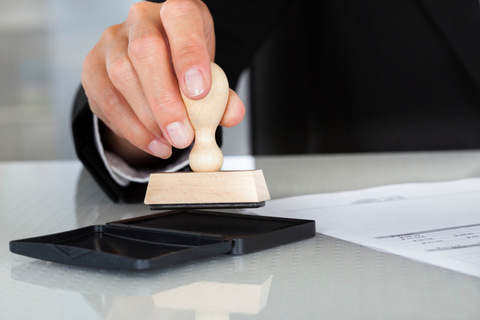 Finally
Finally
When you receive the bill from your solicitor for all the taxes and services, make sure that you ask for it to be itemised. You need to know how much has been charged for each. You should be given the original invoices for the notary fees, the Land Registry charges and the taxes you have paid. Make sure you keep all your invoices and receipts.
It can look like a formidable list, but being clear about the final cost from the outset will mean that there are no surprises and you can feel confident that you can buy the property you’ve set your heart on.
More information
 If you are considering buying in Spain and have a property in mind we can provide a quote for you that includes all the costs involved in the process, free of charge and without obligation.
If you are considering buying in Spain and have a property in mind we can provide a quote for you that includes all the costs involved in the process, free of charge and without obligation.
Also see: Buying a property in Spain- Safely. Vital checks to make before purchasing property in Spain.
This article is sponsored by Ábaco Advisers.
To find out more about our Spanish Property Health Check go to: Ábaco Advisers













